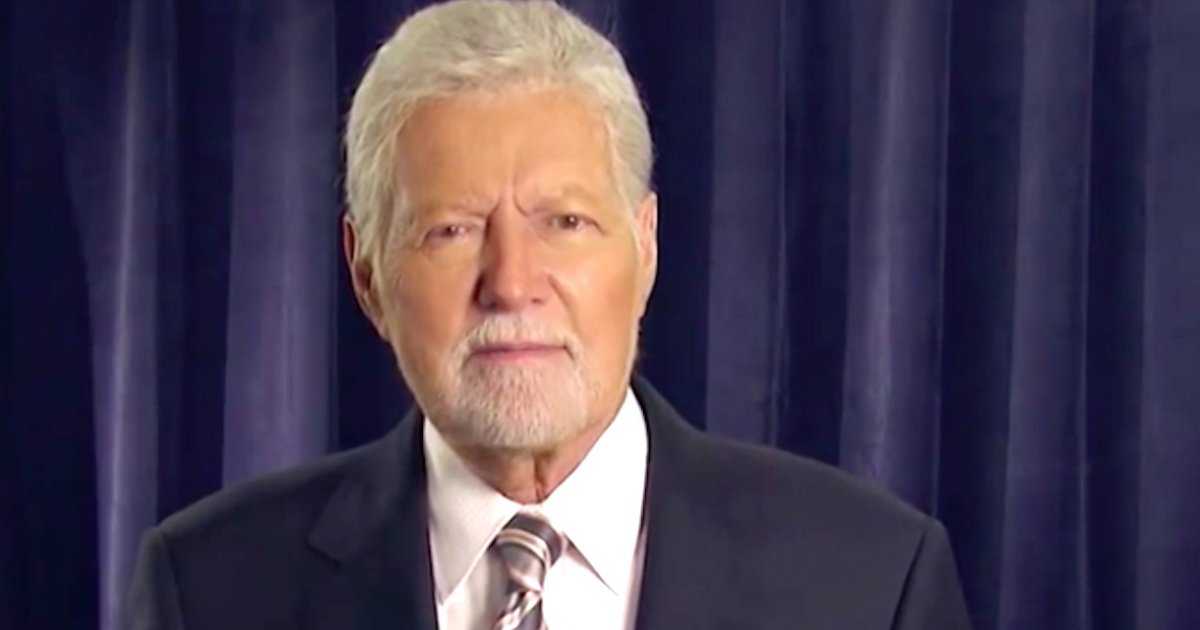AlexTrebek sent a special birthday message to his friend, “Jeopardy!” announcer, Johnny Gilbert, who turned 96 on Monday.
Read More
View this post on Instagram
“It sounds better, doesn’t it?” Trebek added with a wry smile. “Oh yeah, a lot better.”
Alex Trebek's Cancer Journey
Since he announced his diagnosis in March 2019, Trebek has been openly sharing health updates with fans. On the one-year anniversary of his diagnosis, Trebek announced that he was "beating the odds," given that the one-year survival rate for stage 4 pancreatic cancer patients is 18%.
RELATED: Alex Trebek Says He's 'Humbled' by the Response to His Pancreatic Cancer
Trebek also admitted that he had experienced moments of depression while going through treatment.
"There were moments of great pain; days when certain bodily functions no longer functioned, and sudden massive attacks of great depression that made me wonder if it really was worth fighting on," Trebek said. "But I brushed that aside quickly because that would have been a massive betrayal."
The sudden appearance of COVID-19 in March put him at high risk of contracting the virus. “Jeopardy!” banned studio audiences then suspended production altogether later that month.
Since then, Trebek has announced his forthcoming memoir, "The Answer Is…Reflections on My Life" due for publication on July 21. And, lately, he’s been spotted out with his wife Jean, all positive signs.
Navigating A Pancreatic Cancer Diagnosis
Detecting pancreatic cancer early can be a key way to help patients through treatment. The disease has a five-year survival rate of just nine percent, so it's vital that it's caught early. Nearly 57,000 people will be diagnosed with pancreatic cancer this year, according to the American Cancer Society.
Although survival rates have been improving for decades, pancreatic cancer is still considered to be largely incurable. An exception to this is if the tumor is still small enough and localized enough to be operated on. The more aggressive the cancer is, the fewer treatment options are available.
Dr. Anirban Maitra co-leader of the Pancreatic Cancer Moonshot at MD Anderson Cancer Center on the importance of early detection.
Pancreatic cancer can often be unresponsive to treatment in general. This is because of the stroma — which surrounds the cancer cells and is often resistant to chemotherapy and radiation — serves as a barrier.
"Think of pancreatic cancer as an oatmeal raisin cookie and the raisins are actually the cancer cells, and the cookie part is actually all the stroma around it," says. Dr. Allyson Ocean, a medical oncologist at Weill Cornell Medical Center.
Dr. Allyson Ocean explains why pancreatic cancer is difficult to treat
"And imagine having to navigate through all that stroma for a treatment to be able to get into a cell to kill it. So that's why the treatments just really aren't good enough to penetrate the cancer. But we're improving, we're getting better treatments."
Learn more about SurvivorNet's rigorous medical review process.

